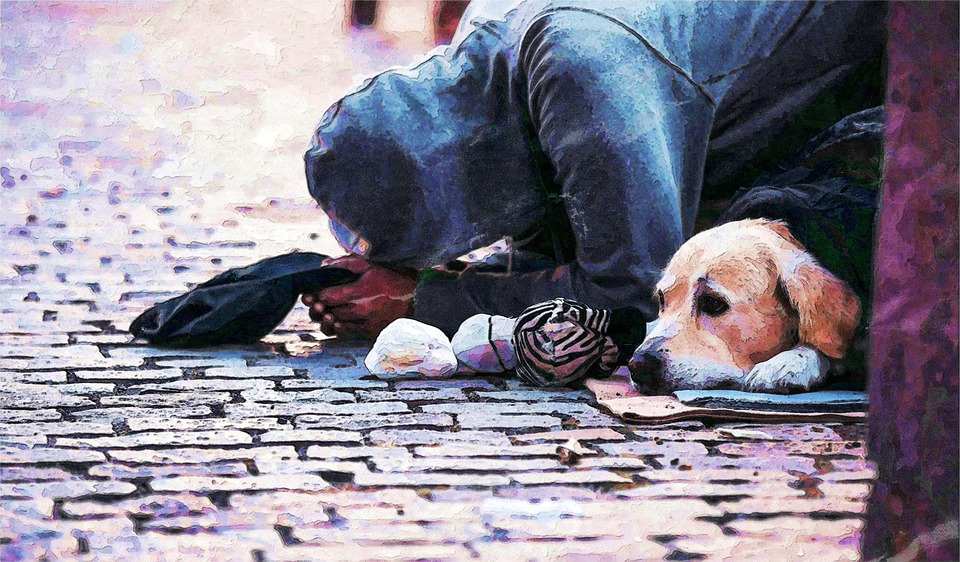Poverty always creates a deep sense of unease within us. It is disturbing because it offends our sense of equity, fairness and justice. In spite of living in a world that has acquired a significant level of affluence, a substantial number of people suffer from lack of adequate resources. Even in the United States, poverty is stark. At some point, about 50 percent of all children in the U.S. will be on food stamps.
Admittedly, there can be no easy answers to the continued persistence of the complex problems that drive people into poverty. However, some studies, such as those by Abhijit Banerjee and Esther Duflo and by Sendhil Mullainathan and Eldar Shafir, offer an enhanced understanding by shedding light on the rich details of the lives of the poor.
Often, poor people have more self-destructive habits. They do not seem to plan for the future as much and seem to more readily succumb to instant gratification. The puzzling neglect by the poor to vaccinate their children, weed their crops and eat properly when pregnant, besides other such shortcomings, is well documented. It is all too natural to attribute these to character flaws in the personalities of the poor.
But why is saving money so hard for the poor? Of course, they have less of it to begin with.
Still, even in those grim circumstances, it should be possible to set aside a little to get out of the trap in which the poor often find themselves. Is it because being poor changes one’s thinking about everything? What if the “indulgent” purchases of the poor were simply an expression of the basic human need for a pleasant life? Does loss of hope rob people of the self-control needed to plan for the future at the expense of current pleasures?
The stressful mindset that accompanies poverty captures one’s mind, creating a distinctive psychology. People under its spell are constantly firefighting, seemingly succumbing to temptations and caught in a vicious cycle of no escape.
It is well known that rises in stress hormones impair cognitive and decision-making ability essential in suppressing impulsive behavior. Also, the constant preoccupation of the poor with their pressing problems means that they have less mental capacity left to give to the other aspects of life. For instance, being poor reduces a person’s cognitive capacity more than going one full night without sleep.
Strikingly, the burden of being deprived affects a range of very different subjects, from the poor Indian sugar cane farmers to the elite Princeton undergrads, alike. It is as if the experience of poverty reduces anyone’s available mental capacity. When the poor farmers were “rich” after the harvest, they got 25 percent more questions right on the intelligence test. On the other hand, when they were severely constrained for resources, before the harvest, they made 15 percent more errors on the executive control test, reflecting poorer impulse control.
Similarly, in a version of the TV game show “Family Feud,” Princeton students were assigned at random to be either time-rich or time-poor. The “poor” Princeton undergrads borrowed time recklessly from the future rounds at high rates of interest just like the real-world poor who often take a lot of payday loans to address urgent needs for small sums. It would thus seem that it is the context of “poverty” that forces these choices, making the resource-constrained penny-wise and pound-foolish.
In light of this understanding, it could be argued that the so-called character flaws of the poor are a consequence of poverty rather than their cause. The obsession with scarcity constitutes a continual and corrosive distraction. This fixation breeds anxiety, narrows perspective, shortens horizons and reduces available mental capacity. The implications of this are that poverty will perpetuate poverty.
It is likely that armed with these insights we can plan more effective measures to help redress the burdens of the poor.
Upadhyay is a collaborator with the Said Business School at the University of Oxford and is a director of Progress Through Business, whose website is progressthroughbusiness.com.
Ways to help the poor: Act Now





